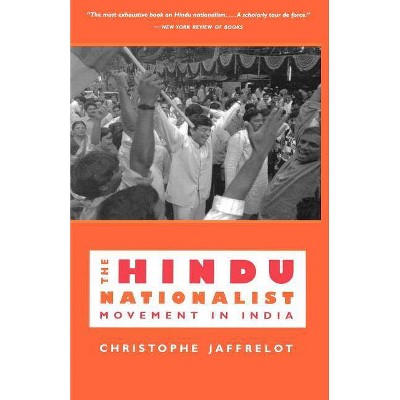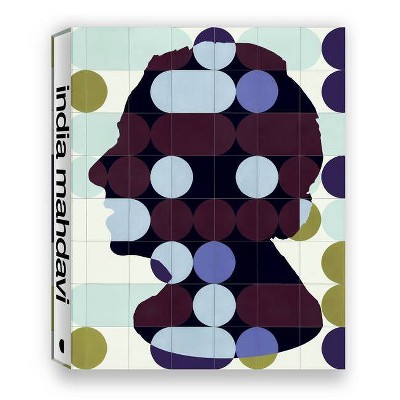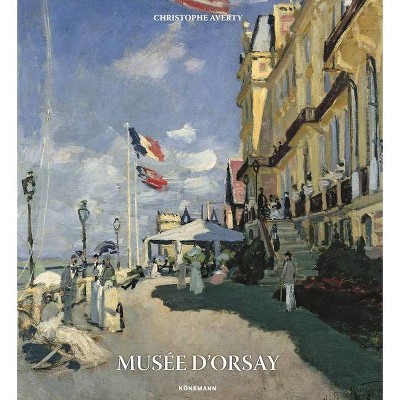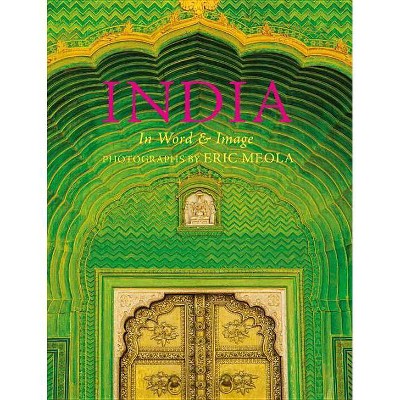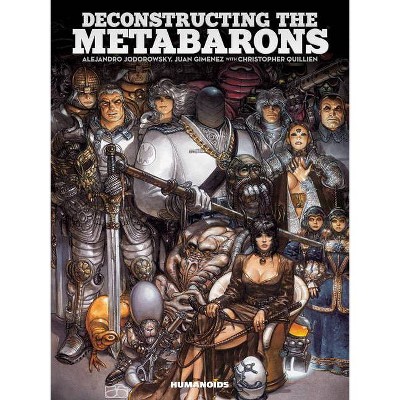Modi's India - by Christophe Jaffrelot (Hardcover)
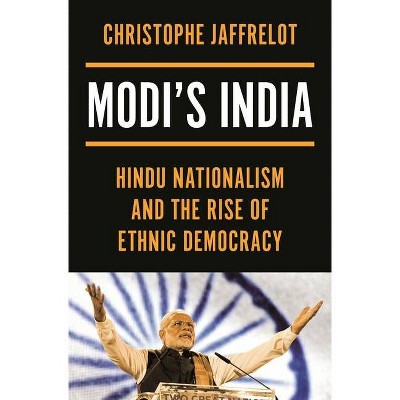
Similar Products
Products of same category from the store
AllProduct info
<p/><br></br><p><b> About the Book </b></p></br></br>"Although ethnic and sectarian tensions have always been a feature of modern Indian history, the country was founded and governed in its first decades by a nationalist political movement - associated with the Indian National Congress -- that stressed the non-sectarian nature of Indian citizenship. Hindu nationalism, a contrary political force, was born in the 1920s but didn't take off politically until the 1990s. It finally secured national power in 2014 when a populist leader, Narendra Modi -- a former governor of the province of Gujarat -- leveraged a reputation for successful economic reform and popular resentment toward the country's Muslim minority to lead his Hindu nationalist party, the BJP, to national victory. In this book, Christophe Jaffrelot recounts how the Hindu nationalist movement under the leadership of Modi's BJP has deeply transformed the country. Jaffrelot's main argument is that the reign of Modi and his BJP has ushered India into a new type of regime - what he calls ethnic democracy. Modi's rule relies undeniably on popular consent. (In last month's Indian federal elections, Modi consolidated his 2014 win with a decisive electoral victory.) But under the BJP India has largely jettisoned the country's previous commitment to the preservation of the rights of religious and ethnic minorities. This book is based both on the author's long years of research in India and on recent extensive interviews conducted across the country with civil servants, government supporters, opponents of the BJP, and members of religious minorities. Because of the tense atmosphere of intimidation throughout the country, many of Jaffrelot's interlocuters refused to speak on the record; he has given them pseudonyms in this book. The book recounts how proponents of secularism and pluralism, including academics and NGO workers, have been brought to heel; how Christians and Muslims have been increasingly marginalized in national and regional elections; and how the Hindu nationalist government has fostered the development of a shadow "cultural police force" -- with formal and informal ties to the state -- that censors public speech and intimidates political opponents. The book begins with an overview political history of modern India, explaining how the modern Indian state arose out of the heritage of British colonialism and then out of the Indian Congress-led national liberation movement. The bulk of the book takes up the rise and the rule of Hindu nationalism - Hindutva - and that of the strongman Modi, whose canny brand of populism has proven to be a game changer"--<p/><br></br><p><b> Book Synopsis </b></p></br></br><p><b>A riveting account of how a popularly elected leader has steered the world's largest democracy toward authoritarianism and intolerance</b> <p/>Over the past two decades, thanks to Narendra Modi, Hindu nationalism has been coupled with a form of national-populism that has ensured its success at the polls, first in Gujarat and then in India at large. Modi managed to seduce a substantial number of citizens by promising them development and polarizing the electorate along ethno-religious lines. Both facets of this national-populism found expression in a highly personalized political style as Modi related directly to the voters through all kinds of channels of communication in order to saturate the public space. <p/>Drawing on original interviews conducted across India, Christophe Jaffrelot shows how Modi's government has moved India toward a new form of democracy, an ethnic democracy that equates the majoritarian community with the nation and relegates Muslims and Christians to second-class citizens who are harassed by vigilante groups. He discusses how the promotion of Hindu nationalism has resulted in attacks against secularists, intellectuals, universities, and NGOs. Jaffrelot explains how the political system of India has acquired authoritarian features for other reasons, too. Eager to govern not only in New Delhi, but also in the states, the government has centralized power at the expense of federalism and undermined institutions that were part of the checks and balances, including India's Supreme Court. <p/><i>Modi's India</i> is a sobering account of how a once-vibrant democracy can go wrong when a government backed by popular consent suppresses dissent while growing increasingly intolerant of ethnic and religious minorities.</p><p/><br></br><p><b> Review Quotes </b></p></br></br><br><i>Modi's India</i> is a masterpiece of careful research.<b>---James Crabtree, <i>Financial Times</i></b><br><br>Christophe Jaffrelot, Winner of the Prix Raymond de Boyer de Sainte-Suzanne, Académie française (for the original French edition)<br><p/><br></br><p><b> About the Author </b></p></br></br><b>Christophe Jaffrelot</b> is director of research at CERI-Sciences Po/CNRS in Paris, professor of Indian politics and sociology at King's College London, and a nonresident scholar at the Carnegie Endowment for International Peace. His books include <i>The Pakistan Paradox: Instability and Resilience</i> and <i>Hindu Nationalism: A Reader</i> (Princeton). He lives in Le Chesnay, France. Twitter @jaffrelotc
Price History
Price Archive shows prices from various stores, lets you see history and find the cheapest. There is no actual sale on the website. For all support, inquiry and suggestion messagescommunication@pricearchive.us
